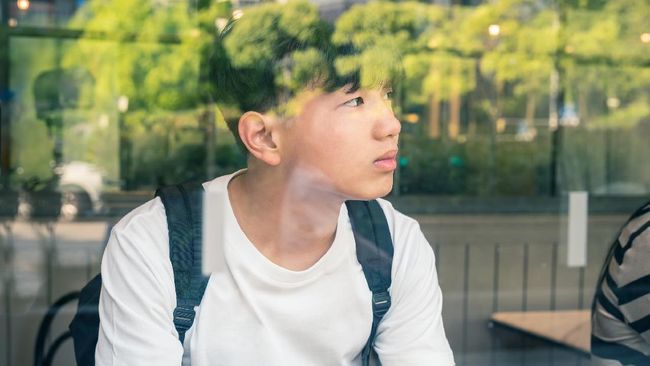
Jakarta, clubnet Indonesia
–
Teenager
What looks cheerful, comes every day at school, and actively socializing, not necessarily really fine.Behind the smile and laughter, it could be hidden in a deep and uncovered inner wound.
Indonesian Minister of Health Budi Gunadi Sadikin recently revealed that around 2 percent of children aged 15-24 years in Indonesia experienced
depression
.
Not only that, a survey of the Center for Knowledge and Growth (CKG) found that 1 in 10 students aged 13-17 years had tried to commit suicide more than once the last 12 months before the survey was conducted.
Psychologists of Children and Teenagers from self -relations, Hilma Ramadina explained the reasons why many teenagers are susceptible to depression.According to him, adolescence is a complex transition period and at this stage.
They are not classified as children, but also not fully mature. They are undergoing the process of searching for identity, facing hormonal changes, social pressure, to academic demands.
“At the same time, brain development parts
Prefrontal cortex
which serves to regulate emotions, make decisions, and manage stress is not fully mature, “Hilma said when contacted
clubnetIndonesia.com
, Thursday (7/31).
This combination of biological, psychological, and social changes makes adolescents vulnerable to confusion, emotional instability, even the identity crisis.
When their ability to manage emotions is immature and not supported by supportive environment, emotional expressions become limited.
“Many teenagers eventually suppress their own feelings. They don’t know to talk to who or feel afraid of being judged if honestly conveying what is felt,” Hilma said.
Hilma added that depression in adolescents is often invisible.Many teenagers who look ‘fine’, can laugh with friends, still following the lesson, but actually keeping an inner wound that is not visible.
“This is why we as adults need to be more sensitive. The presence of parents, teachers, and other adults is very important in building space that is emotionally safe. Not to interrogate, but to invite them to talk and feel understood,” he said.
According to Hilma, it is very important to accompany teenagers to understand and accept their emotions.That feeling angry, sad, disappointed, shame, all of that is a part of being human.What’s important is how to express it in a healthy manner, without hurting yourself or others.
“We need to often remind that parents’ acceptance does not depend on children’s success. They need to know that they are still loved even though they are not perfect,” he said.
(tis/asr)
[Gambas: clubnet video]
Read More: ZO IN-SUNG to Michael Fassbender starring Hope, airing 2026
